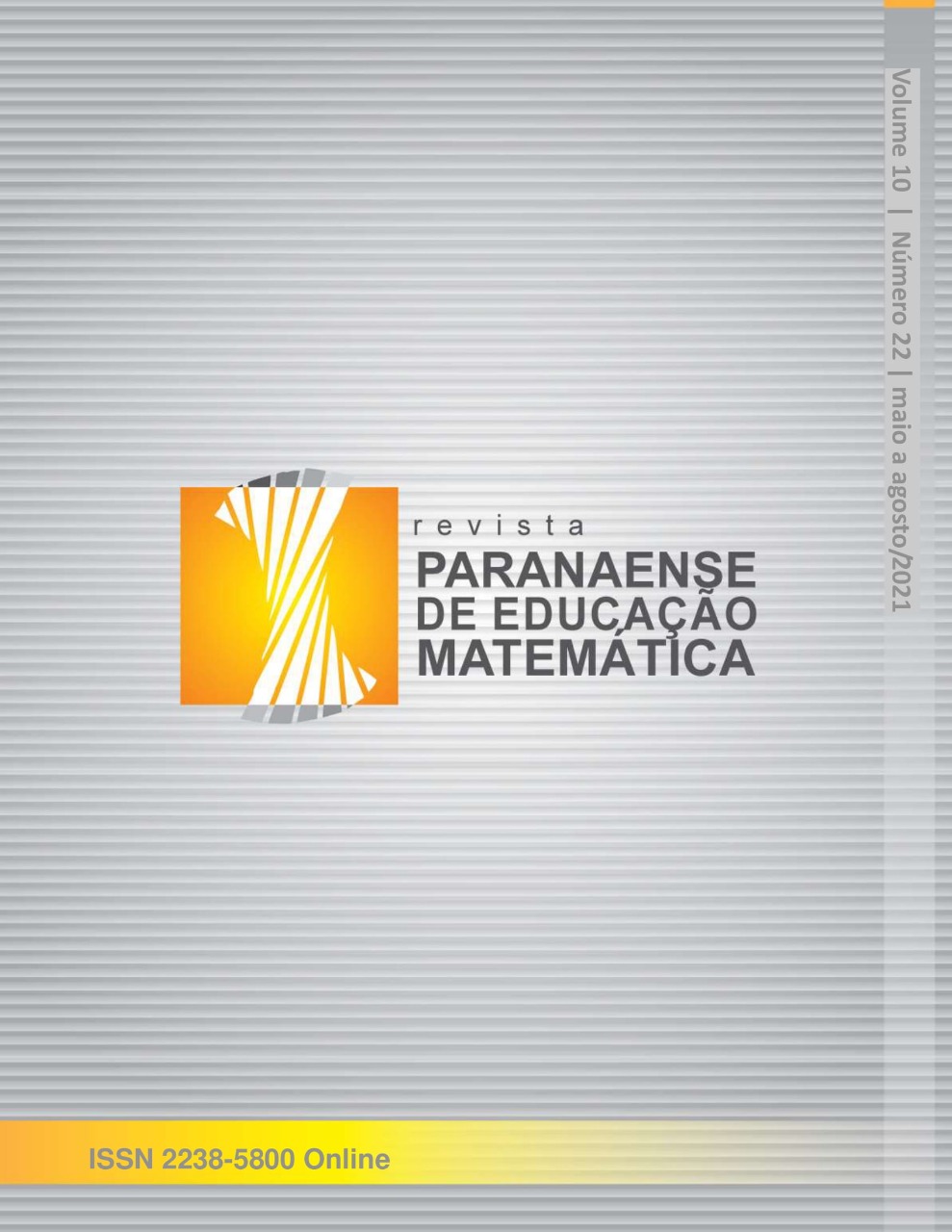THE MATHEMATICAL LITERACY PNAIC
DOI:
https://doi.org/10.33871/22385800.2021.10.22.32-57Abstract
The objective of this article is to understand the impacts of the formation of the PNAIC - National pact for literacy on the correct age - of Mathematical Literacy on the career and pedagogical practice of teachers that participated in the qualification program in the city of Curitiba. To this end, we will use assumptions from the cycle of public educational policies, composed of three main contexts: influence, text production and practice. For the context of influence, we made a sociopolitical study of the creation and implementation of PNAIC, highlighting the role of organized civil society so that this topic was privileged on the political agenda. For the context of text production, we will emphasize the laws and training books that instituted the PNAIC. In the context of practice, we will use narratives made by teachers that took part in the program, those were carried out according to the methodologies of Oral History. Through those narratives, after analysis, we noticed that PNAIC has impacted the practice, the reflection over mathematical alphabetization, the day-to-day practice and the professional life from the interviewed. The research reinforces that their narratives are sources and potential research objects for other academics, bringing new views and perspectives. It is expected that the results here published will contribute to the elaboration and re-elaboration of public educational policies and for those who are dedicated to understanding their potentials and limitations.










